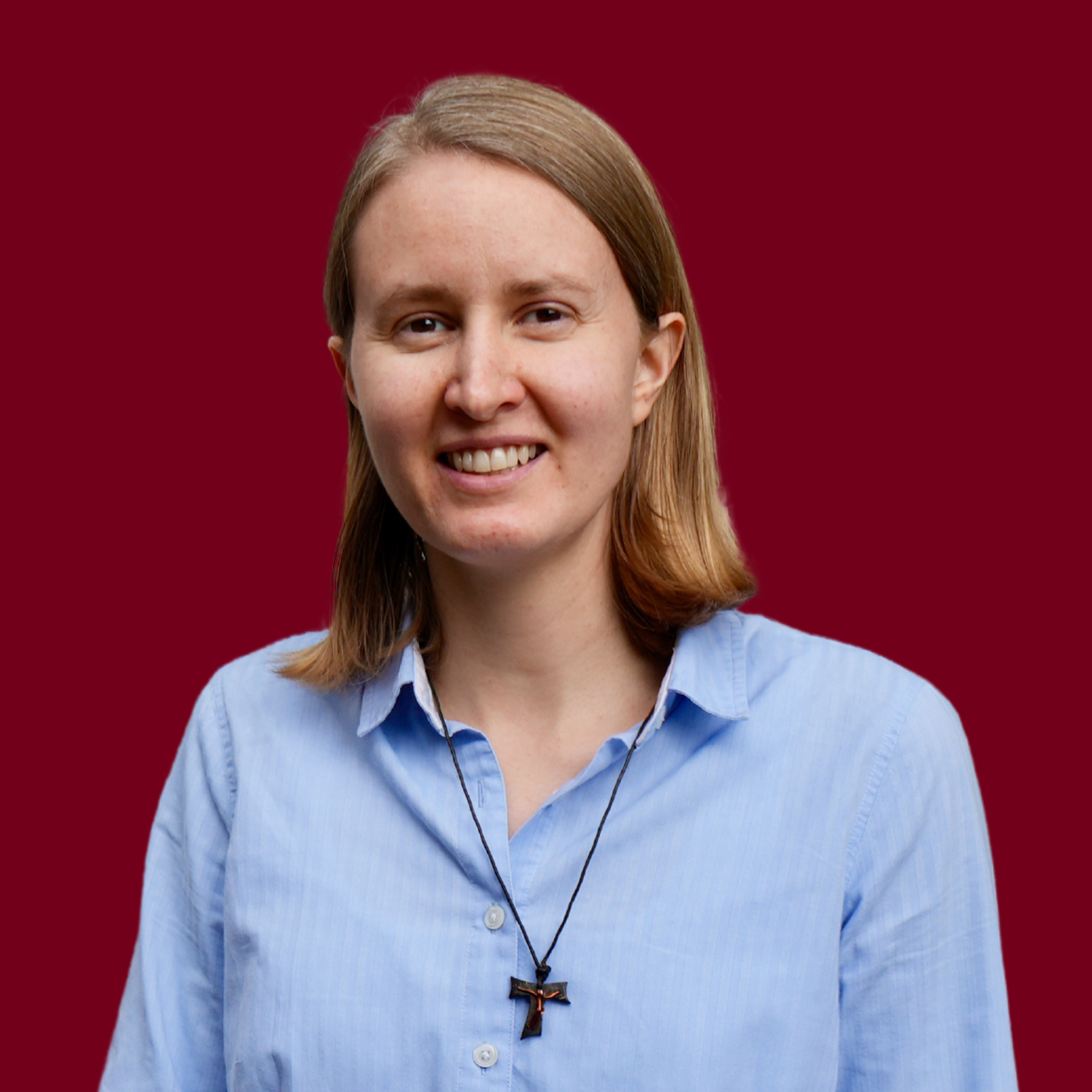At the Jesuit School of Theology of Santa Clara University, theological education and ministerial formation are informed by our rich Ignatian heritage and the lived stories of each member of our community. The academic experience at JST-SCU is one of becoming all God imagines for us, our communities, and our world.
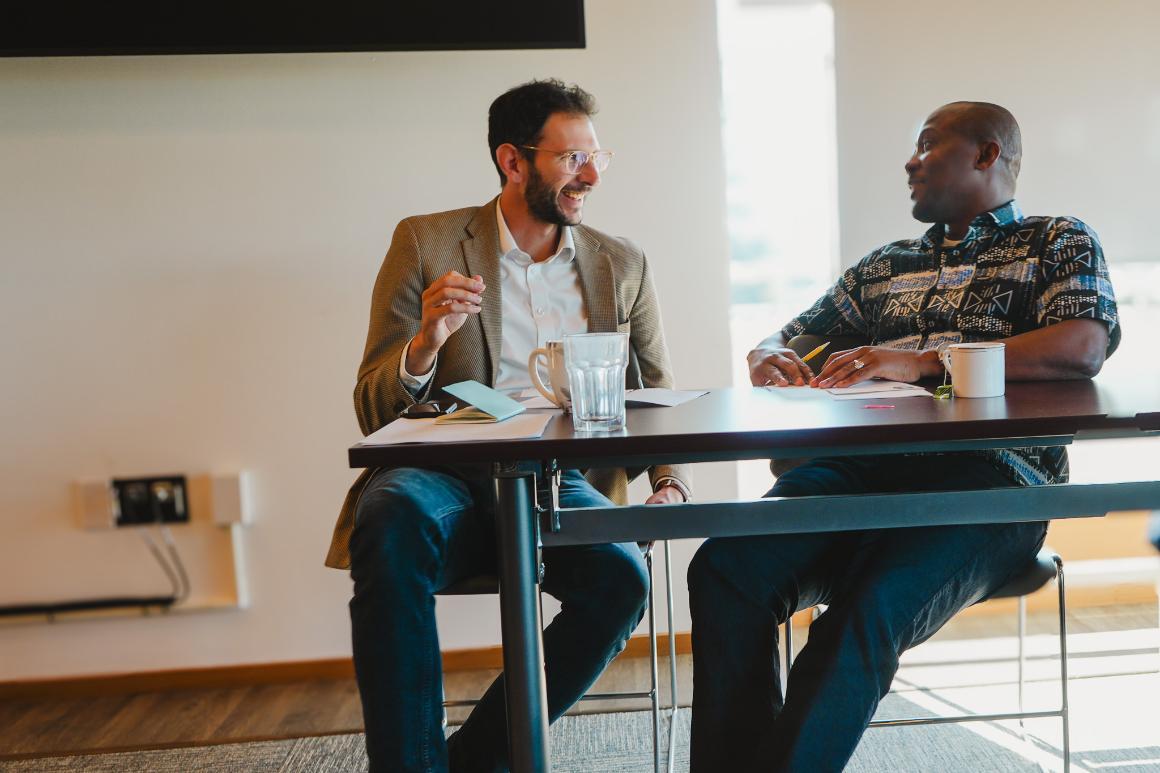
JST-SCU provides a variety of graduate degree paths that equip students for a diverse range of professions and vocations. These programs facilitate innovative theological education and ministerial formation experiences tailored to students' needs through hybrid/flexible course options, added certificates, and field education opportunities.
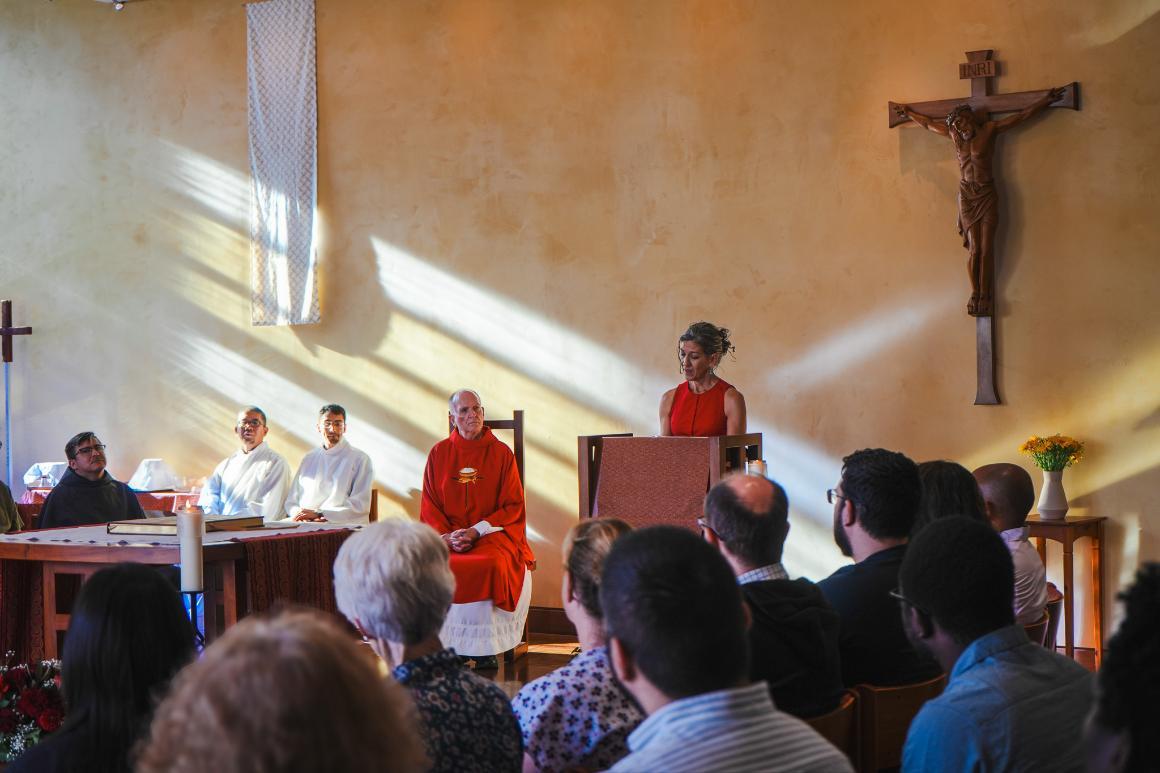
Embracing a synodal approach that empowers women and men, JST-SCU's ecclesiastical degree programs grant degrees in the name of the Holy See through the Jesuit School of Theology of Santa Clara University by virtue of its status as an Ecclesiastical Faculty accredited by the Vatican Congregation of Catholic Education.
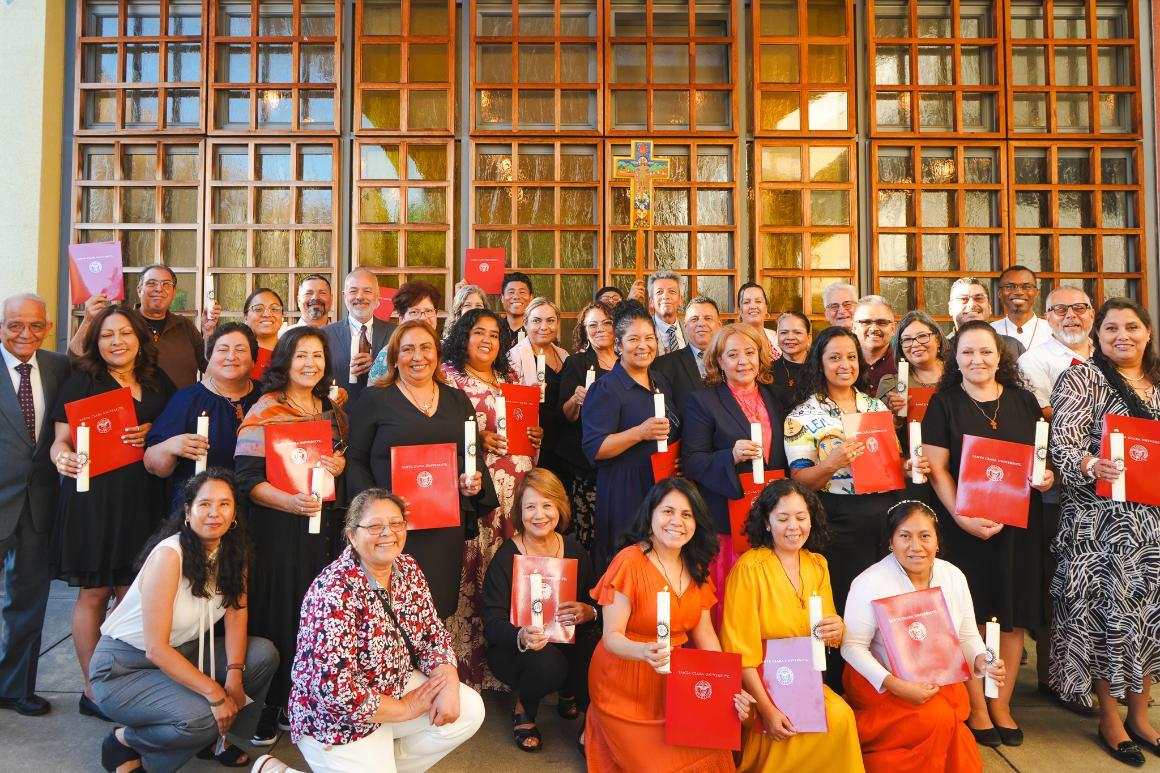
- The Instituto Hispano offers theological and pastoral formation for Hispanic leaders through workshops, courses, and certificates. Over three and a half decades, more than 1,500 Hispanic pastoral leaders at the parish and diocese levels have gone through Instituto Hispano's programs.
- The Renewal Program provides an ideal setting for renewal and replenishment for those planning a sabbatical centered around theological study.
- The Non-Degree Program is recommended for persons who have as their primary objective an unstructured period for general theological renewal or pastoral training.
Unique Aspects of the JST-SCU
Academic Experience
What are Students Saying?
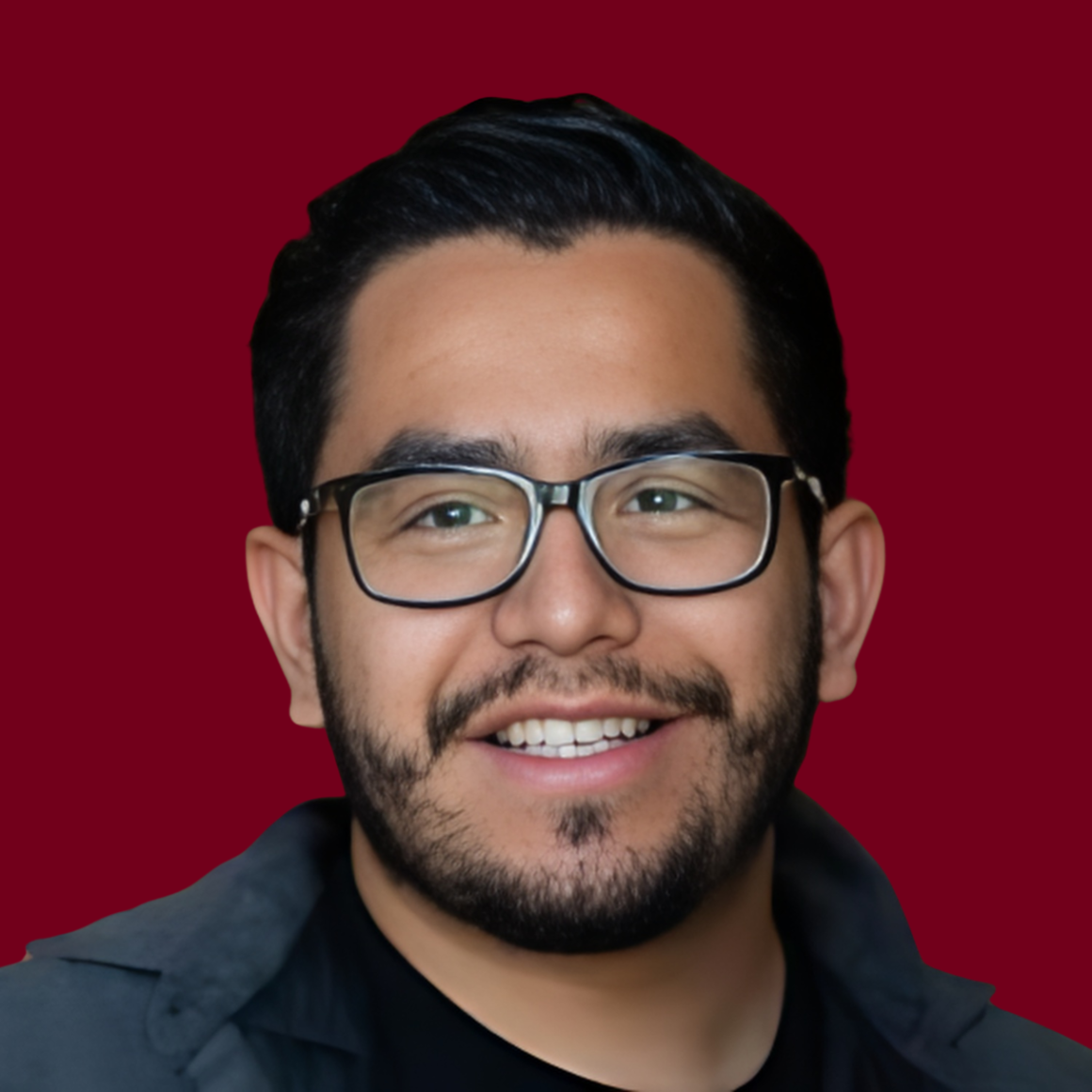
Being at JST, you hear different voices from different cultures, with different expressions of faith, and we gather together and learn from one another. This shared space has opened what I love about theology and ministry.
I am grateful to study at JST-SCU because it continues to stretch my perspective to help me to grow. In a world that is so divided, it feels critical now more than ever to be in dialogue with other faith communities and to do so with an openness to be enriched by and listening to our whole human family.
